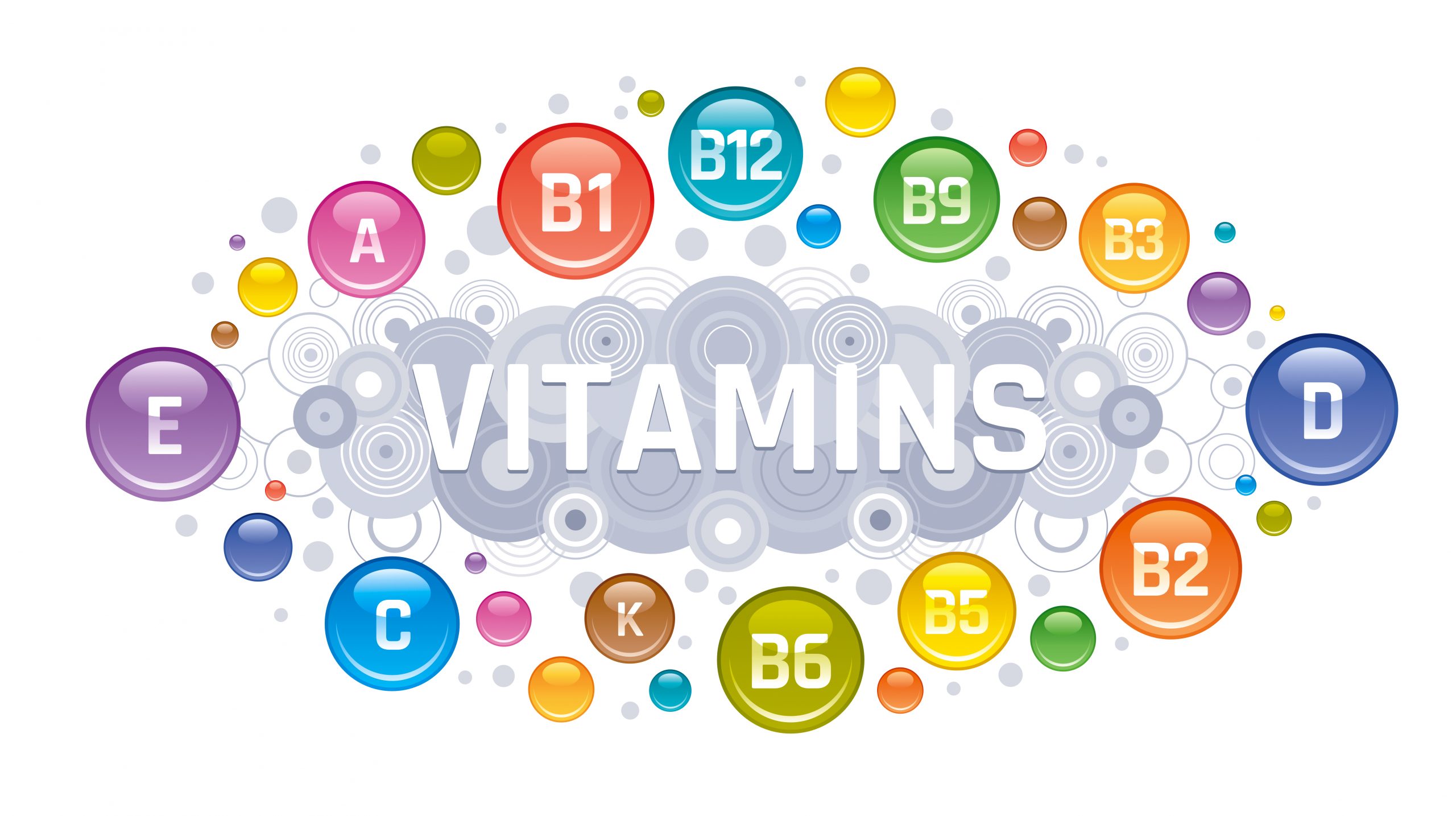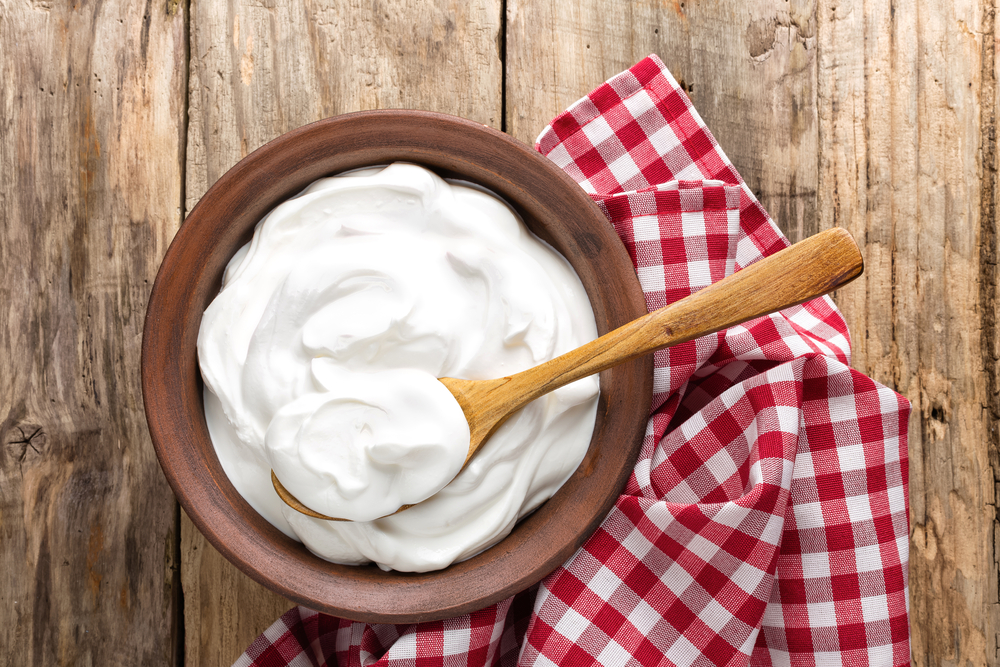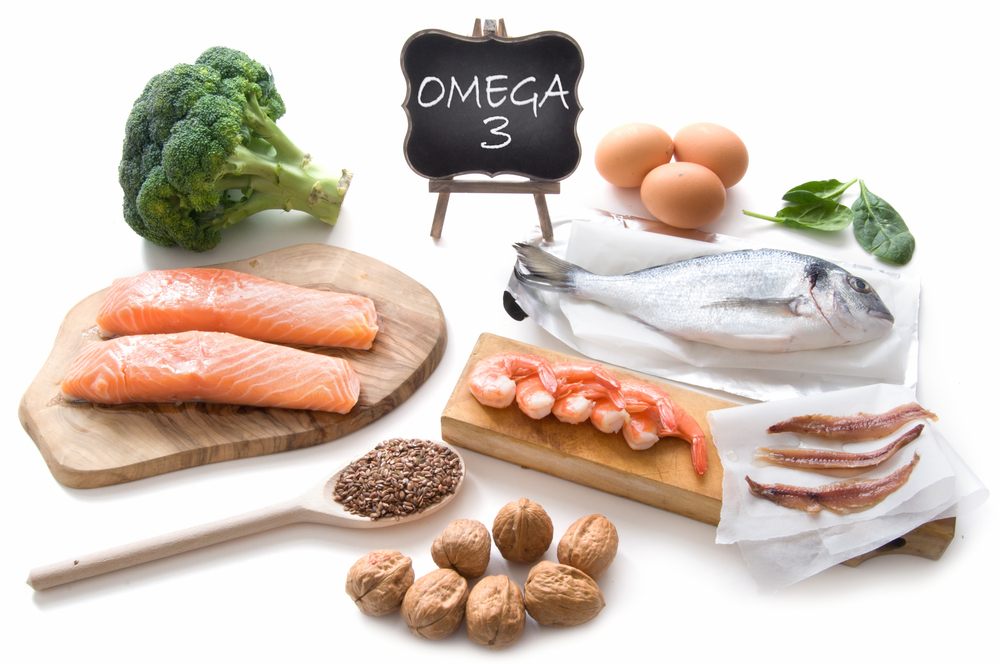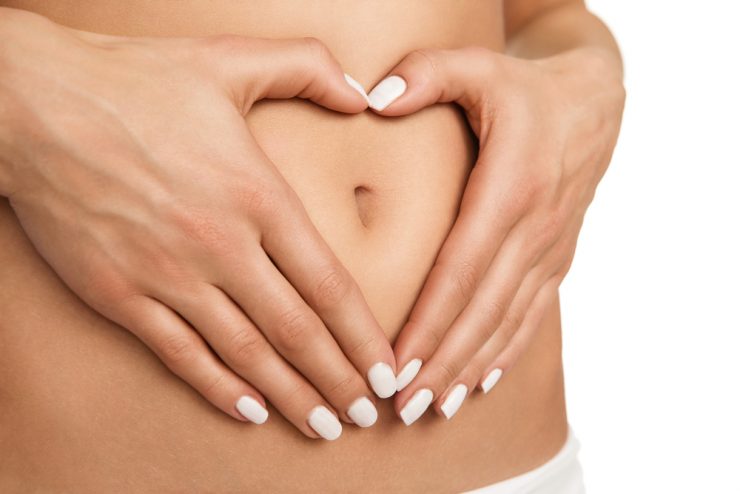“I was diagnosed with coeliac disease when I was 30 years old (I’m now 43) so obviously I have followed a healthy gluten-free diet ever since. I don’t drink alcohol or take medication, but I am severely lacking in energy and my skin is dull and grey looking. Could this be connected to me being coeliac? Are there any dietary changes you could recommend?”
Suzie Sawyer, Clinical Nutritionist, answers:
How absorption may be affected:
Once you have eliminated gluten from your diet, the gut lining is no longer being aggravated. However, there will be damage to the delicate microvilli that form part of the gut wall, the main outcome being malabsorption, especially of certain vitamins and minerals. Iron, folate and vitamin B12 absorption can be severely affected, all of which are needed for energy production.
Test for deficiencies:
Iron helps transport oxygen around the body, and it sounds like you could well be low in this mineral with your grey, lack-lustre skin being another sign. Ask your GP to order a blood test to check for low iron and also for vitamin B12 and folate deficiency.
Consider a multivitamin:

With cases of coeliac, it’s also difficult for the body to absorb the fat-soluble vitamins A, D, E and K so it is a good idea to take a high-potency multivitamin and mineral (gluten-free of course) to help plug these gaps.
Vitamin A is especially important as it helps heal the gut lining. It’s also crucial to protect your bone health so a good intake of calcium, vitamin D and magnesium is needed in the supplement. Ensure you’re also eating plenty of mineral-rich green leafy vegetables, nuts and seeds and dairy or calcium-enriched milk. These nutrients can also be found in a high-quality supplement.
Probiotic support:

The gut microbiome is also affected in people with coeliac disease, so it’s important to eat plenty of probiotic-rich foods from fermented sources, which include tempeh, tofu, natto, miso, kombucha and natural live yoghurts.
Omega 3s:

Finally, make sure you’re having plenty of omega-3 fats as they help to heal the gut wall and are needed to aid absorption of the fat-soluble vitamins. Oily fish such as salmon, mackerel, sardines and tuna are great sources. Plant sources of omega-3 include flaxseeds, pumpkin and chia seeds. A supplement would also be good to support gut integrity.
It takes a little while for nutrient levels to come back into range but hopefully you should start noticing some improvements after about a month.
























Add comment